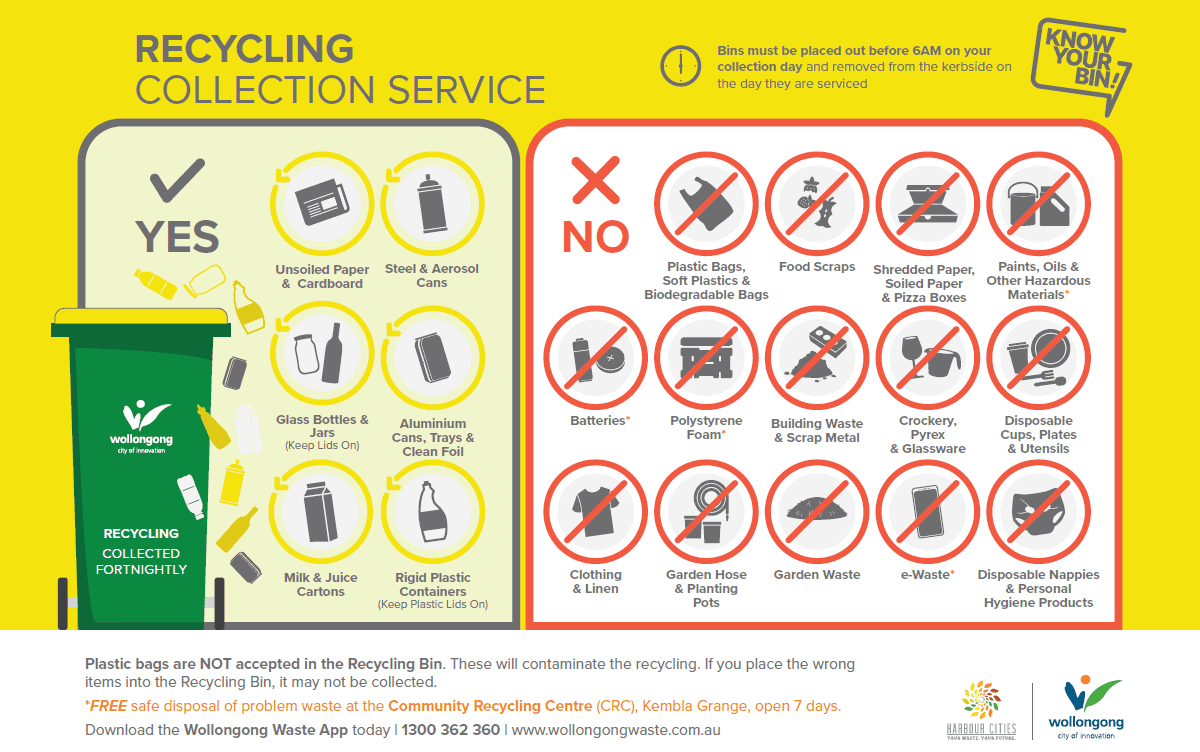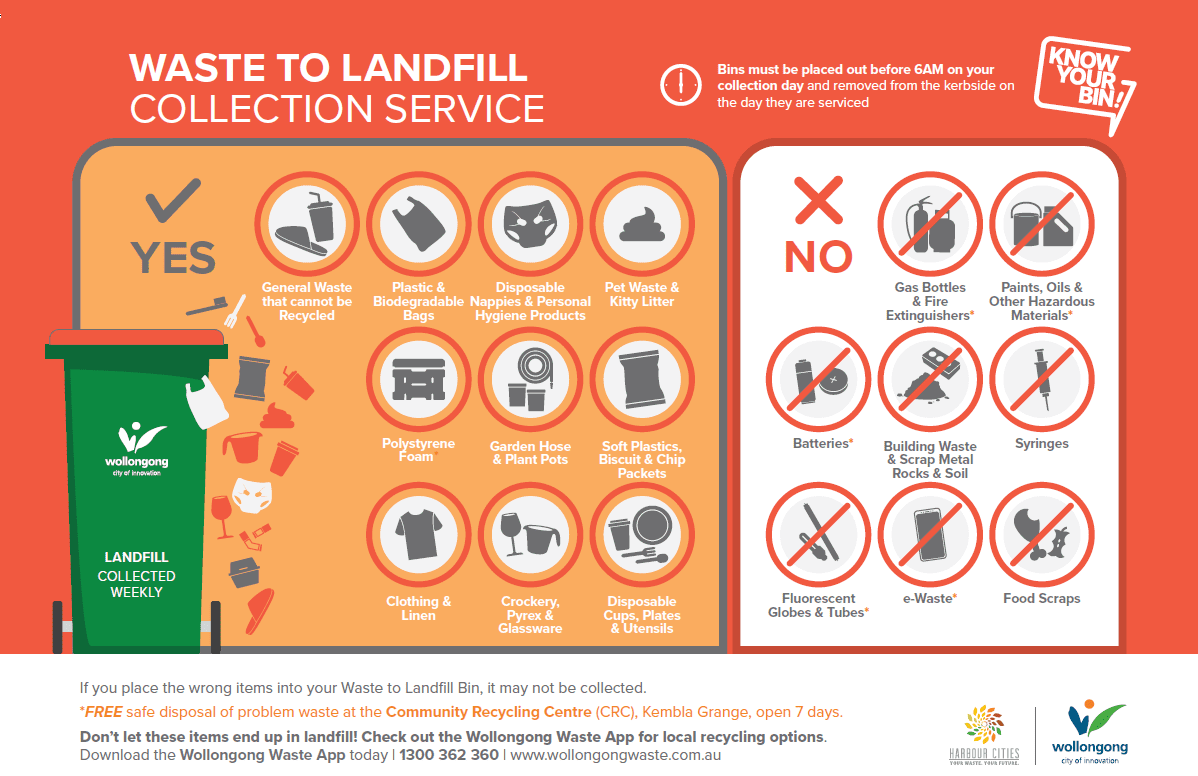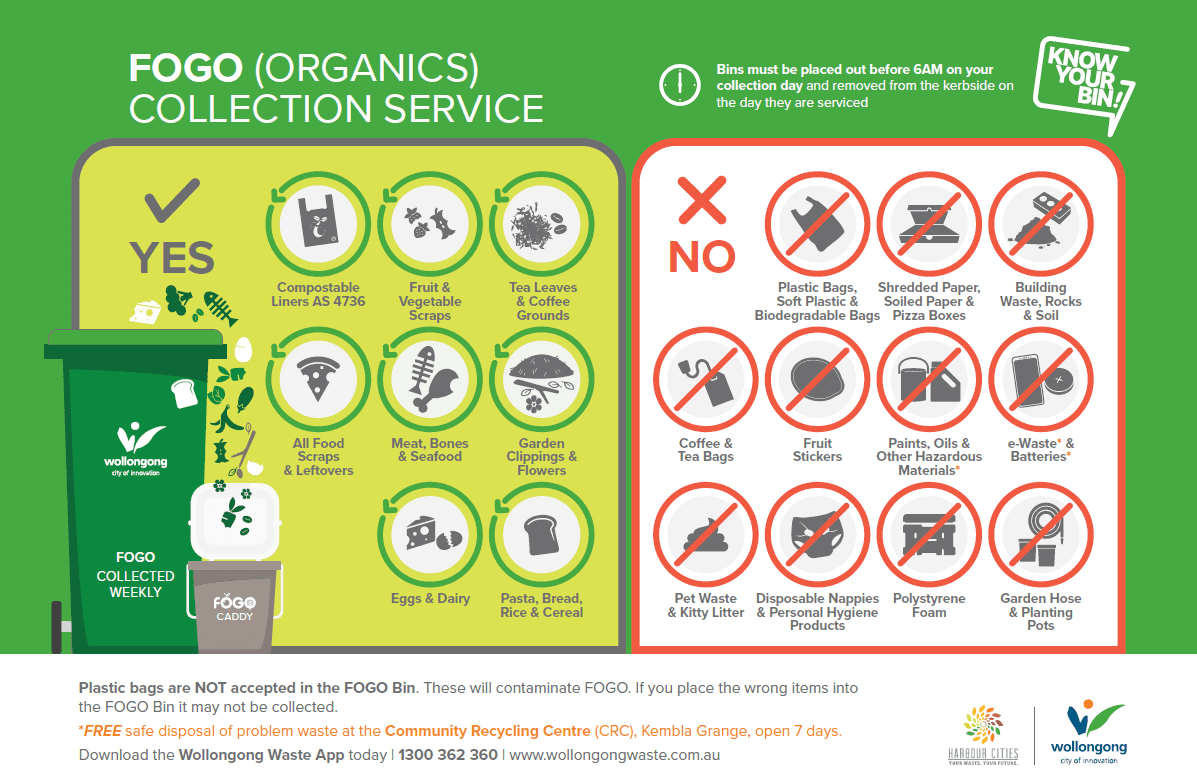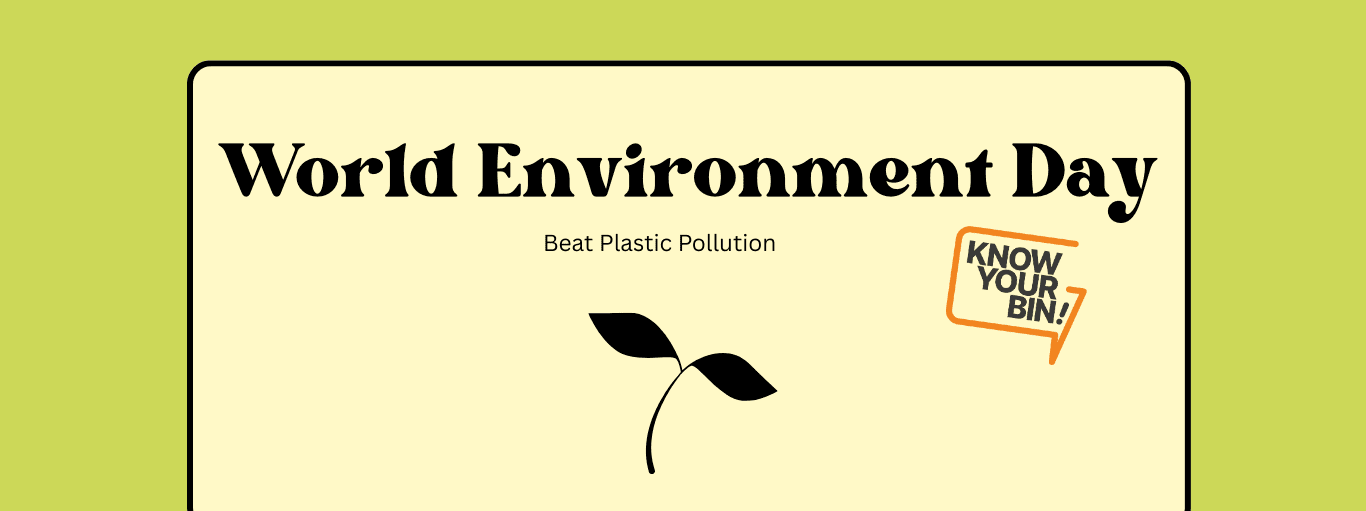World Environment Day: Beat Plastic Pollution
As we celebrate World Environment Day this June 5th, we are reminded of the urgent need to address plastic pollution.
Our collective efforts can make a real impact in tackling this issue, starting with understanding how to correctly dispose of plastic. By understanding which types of plastics go into the right bins, we can reduce contamination, increase recycling rates, and help protect the environment.
Recycling Bin: Plastics that can be recycled
The yellow bin is for commingled recycling and accepts:
- Disposable plastic bottles (e.g., water bottles, juice bottles, soft drink bottles)
- Disposable plastic containers (e.g., yogurt containers, ice cream tubs, takeout containers)
- Disposable plastic trays (e.g., meat trays and fruit trays)

Red General Waste Bin: Plastics that cannot be recycled through the kerbside collection service
Not all plastics are recyclable through the kerbside collection service, and these should be placed into your red general waste bin. These include:
- Plastic bags (shopping bags, garbage bags, biodegradable bags)
- Soft Plastic (plastic film, chip, biscuit and other food packaging)
- Polystyrene (often used for insulation and as a packaging material)
- Plastic cutlery, and plates (single-use plastics that cannot be recycled due to their composition)
- Re-usable plastic (re-usable drink bottles, reusable containers, reusable utensils and tableware)
- Plastic-coated items (like Tetra Paks that have plastic liners)

Green Organics Bin: No plastics here!
It’s also important to note that plastics should not go in the green FOGO bin. This bin is specifically for food and garden waste and AS 4736 compostable liners.

Why Proper Disposal of Plastic Matters
Proper waste separation plays a critical role in reducing plastic pollution. By recycling the right types of plastics and keeping non-recyclable plastics out of the recycling stream, we can:
- Improve recycling efficiency: When the wrong plastics are placed in the recycling bin, it can contaminate the entire truck load, making it difficult or impossible to process.
- Reduce landfill waste: The more plastics we recycle, the less we send to landfills, where they can take centuries to break down.
- Save energy: Recycling plastic uses less energy compared to creating new plastic from raw materials.
- Protect wildlife: By ensuring plastics are properly disposed of, we prevent harmful waste from entering our natural environments, such as oceans and waterways, where it can harm marine life.
Join the Movement to Beat Plastic Pollution. Together, we can make a real impact, not only in Wollongong but around the world.






